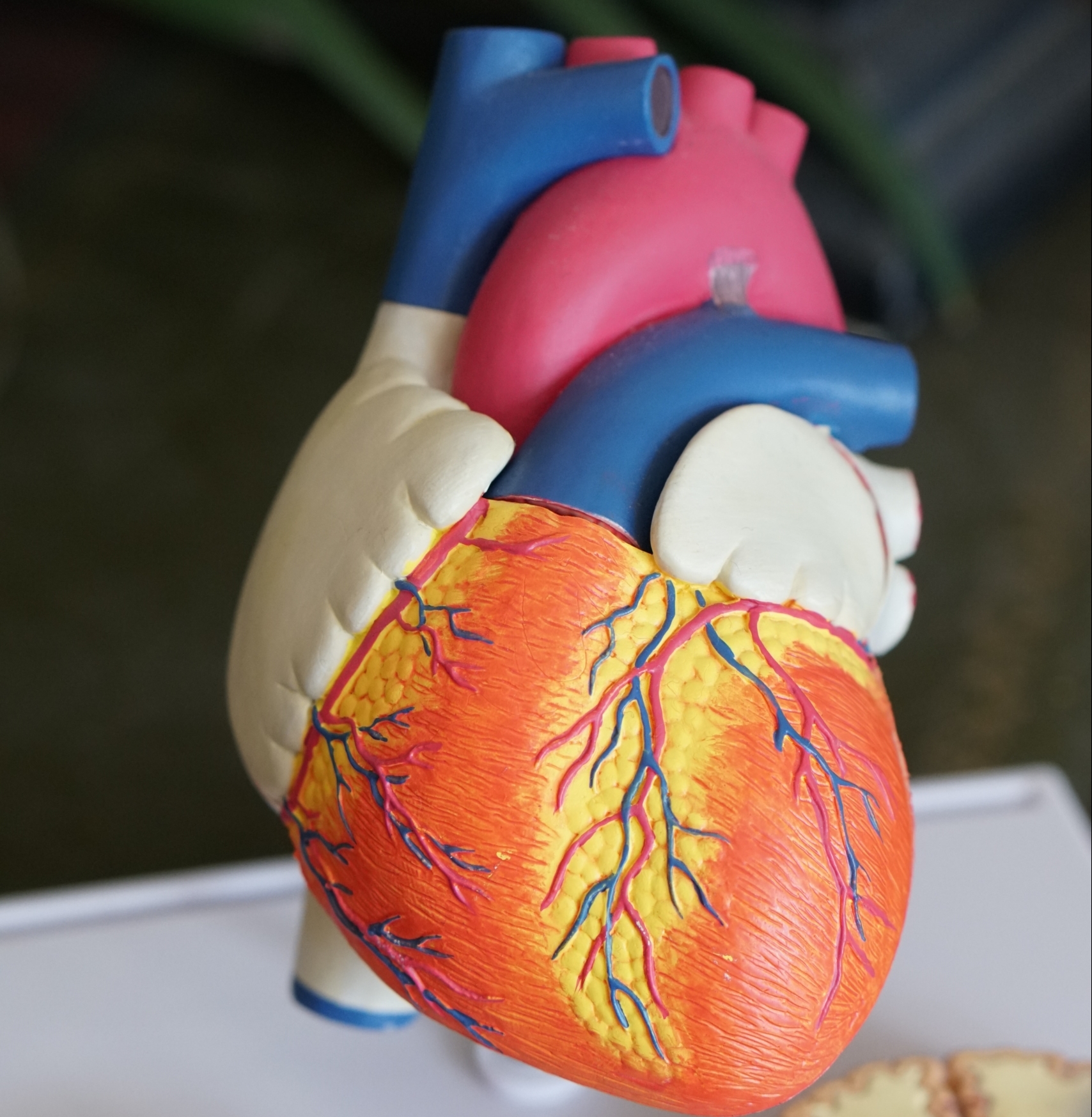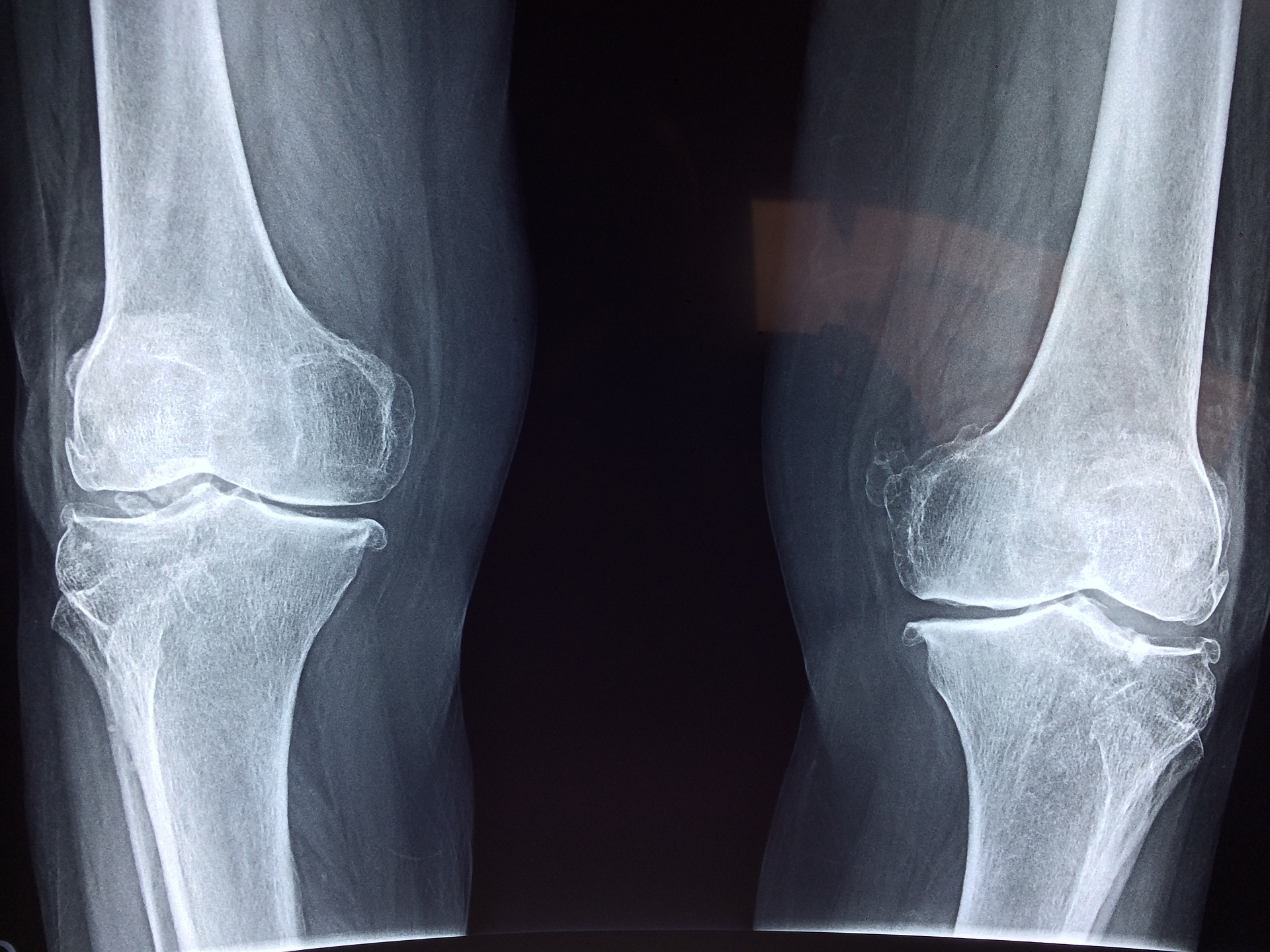Social Security Disability Criteria and SSDI Eligibility
What To Expect from A Case Evaluation to Qualify for SSDI Benefits
The purpose of a case evaluation performed by an attorney’s office is to determine whether you are disabled based on the Social Security Rules and have a chance to qualify for SSDI benefits. At our law office we usually do an initial screening on the telephone to find out some basic information. We are looking to see if you have anything that can disqualify you from even having a chance to obtain Social Security benefits. An example of this would be your work status. If you are still working we do not accept your case. Disability means not having the ability to work, so if you are working you don’t qualify for benefits.
We also want to make sure during you are seeing at least one doctor. To win a case you need medical records to prove you are disabled. When you come into the office to meet with us you should have a list of your doctors and hospitals. You should know when you were hospitalized. We are also looking to see if your doctor practices in the area that makes you disabled. For example it is very difficult to win a case based on depression if you only see your primary care doctor.
We will typically review the disabilities you have, the treatment(s) you have received and any opinions from your doctors. We will tell you if we believe you meet the social security disability criteria to get disability benefits. Sometimes we will tell people we meet with what type of treatment they will need to prove they are disabled. An example of this would be if a person has a psychological disorder and needs to see a psychiatrist rather than a primary care physician.
Case evaluations on SSDI eligibility are helpful to potential applicants and the counsel who will be representing their case. If you are a first time applicant or have been denied SSDI benefits consider our office for representation. Contact us online for a free case evaluation or call (800) 419-7606.











